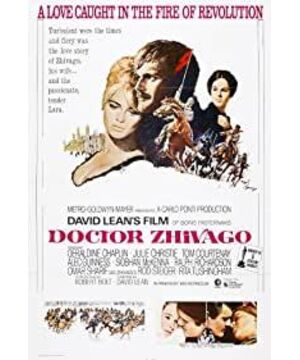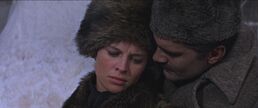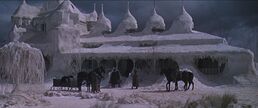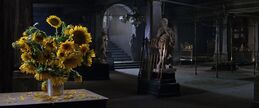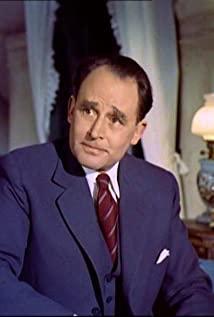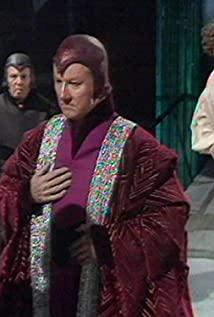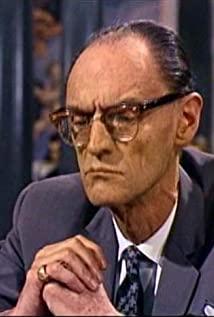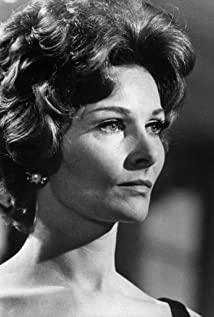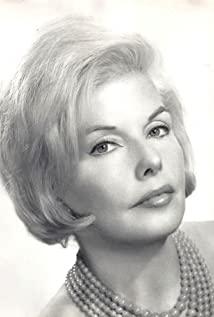On the Siberian wasteland, the springs are tingling, and the sky is as blue as ice and wine. This is the land that gave birth to Doctor Zhivago, who has a strong literary, historical and philosophical temperament. He is bloody and sad. He is pure and kind-hearted, knowledgeable, compassionate and indecisive, which is particularly incompatible with this troubled world. He has nothing to belong to, and no choice, and can only abandon it all the way, unless it is given by fate. The ups and downs of fate also coincided with the self-imposed exile in his heart. He does not belong to the White Army, nor does he belong to the Red Army. He betrayed Tonia and said goodbye to Lara. The tragedies of the turbulent times have been internalized in their hearts, and both he and Lala cannot be separated from this chaotic sadness and beauty in their hearts, thus making their own destiny more complicated and broken. As Kundera said, they can only let their destiny dance to the rhythm of their hearts.
In the hut surrounded by wolves in the snow and ice, he wrote poems for Lala by candlelight. The place where he can settle down is this poetic existence. Whoever can give him the inspiration of poetry, can make him unable to resist that desire. He said that Lala's reading is not like doing something elegant, but just like a horse can read a book out of instinct. Deep in his heart, he was attracted to this kind of woman, Lala, who had deep instincts and was called "slut" by Victor. He is so idealistic and naive in literature and art, and his aristocratic background is not so down-to-earth, which has long been far from his own instinct. Watching Lala kill people, read books, and go to the front line, she did what he wanted to do and what he didn't dare to do. The primordial energy source at the lowest point and the spiritual sky at the highest point merged into one, and Lara hit him like that and captured him. A noble person, but she is tempted by Lala's ups and downs of guilt. Her frivolity and her perseverance, she is willing to sink and struggle, the animality and sanctity of her personality form a very vitality and energy. The structure is sufficiently tense and always volatile. Both are indispensable, and both are exciting. She is so sinful and so beautiful, but she is not mediocre.
The truly beautiful Tonia was bright and simple, but could not satisfy all the needs of his soul. In this way, it is fate, and under the fiddling of the current situation, the euphemism of fate and soul entangled with each other is so inevitable and unsolvable, deep and meaningful. From this point of view, Dr. Zhivago is not a "superfluous person" in the history of Russian literature, and his combination with Lara made him cross the aristocratic class and share the fate of the working people at the bottom of the society. He has a people's nature.
"Doctor Zhivag has experienced a series of major events in modern Russian history, the First World War, the two Russian revolutions, civil wars, and anti-revolutionary campaigns. And the earth-shaking changes in the cultural field. For the October Revolution and for the Bolsheviks, they went from sympathy to confusion, to hatred, and finally to despair." Zivagge's confusion and disorder is the general mentality of Russian liberal intellectuals. Their out-of-orderness is fate, but also spiritual. Dr. Zhivago is unrealistic, the more purely action-oriented Anjipov gradually fell into the vortex of ultra-left thinking, and the opportunistic Victor looked like a winner but was reviled. Finding one's own way, the way of the society, the way of the nation is difficult and dangerous. . . .
White birches rustle, sunflowers shine, and the magnificent and vast Russian snowfields are covered with layers of blood and tears from generation to generation.
In all springs, there is a lala song.
View more about Doctor Zhivago reviews


